|
If you are into sports, athletics, or fitness, you may be curious if CBD can help with athletic performance or recovery. With the exploding market of CBD products, everyone from millennials, to senior citizens to pet owners, are trying CBD. The market has grown tremendously because of new research on its potential health benefits for all kinds of things. As many people want to use more natural products, it’s no surprise that athletes have taken an interest in CBD as well. More and more professional athletes are turning to CBD as a natural pain relieverCBD is now available in all fifty states. Fitness enthusiasts, bodybuilders, and professional athletes are adding CBD to their workout regimen to see if it will help them with performance and the aches and pains that come from training. Athletes push their bodies harder than the typical person. Because of the high demands athletes put on their bodies, they may have more issues with pain and inflammation. You may have heard the expression, “no pain, no gain.” Athletes feel this more than ever. Cyclist Floyd Landis knows this all too well. After winning the Tour De France in 2006, he was disqualified because of his use of performance-enhancing drugs. The athlete, and founder of Floyd’s Fine Cannabis, discussed the issue of pain, opiate use, and CBD with the Washington Post. “Oftentimes, what limits athletes’ progression in sports is pain,” he said. As an athlete, he was never introduced to CBD, but he was exposed to opiates. Now he uses CBD daily to treat his pain and says that CBD helped him to wean off of opiates. CBD as a Sports SupplementIf you run, lift weights, or play sports, you may take supplements already to enhance your performance or to speed up muscle growth. Supplements like fish oil, protein powders, BCAAs are often used to aid in muscle repair and recovery after workouts. Can CBD help with muscle growth and recovery?We are seeing breakthroughs in CBD research every day, but we don’t have data to sufficiently say if CBD will help you recover faster from a workout. What we do know is that CBD has anti-inflammatory properties, and inflammation is part of the muscle recovery process. When you work out, it causes microscopic damage to your muscle fibers. Your muscles grow when the fibers recover and repair. Inflammation is what makes this happen. When your body is damaged, the inflammatory response increases blood circulation to the damaged areas in an effort to repair the damaged fibers. This can cause swelling, pain, and muscle soreness. CBD is a natural anti-inflammatory and works with your body’s endocannabinoid system to reduce inflammation, and subsequently pain. Because of CBD’s anti-inflammatory properties, sports medicine doctors speculate that it could be beneficial in promoting recovery and healing in damaged muscles. While we don’t have enough evidence to say this conclusively, a study published in the Journal of Sports Medicine, suggests that CBD has numerous potential benefits for athletes including, “psychological, biological, physiological effects.” Athletic Recovery and SleepAnother way that CBD may help athletes is by helping them sleep. Researchers, including the American Sleep Association, have begun to research the benefits of CBD for sleep, and their research suggests that it may improve sleep. When you think of sports, sleep is probably not the first thing to come to mind, but sleep is critical to muscle recovery. The endocannabinoid system is believed to help regulate sleep, mood, and appetite. While sleep may not be the primary reason athletes are interested in CBD, sleep, quality sleep is more important for athletes. Sleep is when the body repairs itself and muscle growth happens.
0 Comments
If you are scheduled to get your Covid vaccine, you might be thinking about taking, or increasing the amount of CBD you take before you get the vaccination. Covid vaccine side effects include fatigue, muscle pain, headaches, and nausea. It makes sense that taking something for pain relief before you get your jab might spare you from experiencing some of these side effects. But, is it a good idea to take CBD when you get the Covid vaccine? The fact is, we do not have enough research to adequately answer this. Dr Thomas Rocco, Medical Director of a Medical Marijuana Evaluation Center in Warwick, RI, suggests that CBD has the potential to decrease post Covid vaccine side effects. However, whether you should or shouldn't take CBD when you get vaccinated is up for debate. CBD may suppress your immune responseThe purpose of the vaccine is to solicit an immune response to Covid. Inflammation is a vital part of the immune systems response to fighting off pathogens, including the Covid virus. When the body is introduced to a pathogen or injury, it triggers the release of a cascade of signals in order to increase circulation in the area that is damaged. These chemical signals produce cytokines that cause an inflammatory response in the body. With all the benefits of cannabis, research suggests that cannabis can suppress your immune system. In a Letter to the Editor published in the peer-reviewed journal Cannabis and Cannabinoid Research, the authors discuss the possible drug interactions between cannabis and drugs used to treat Covid. The journal states that it is important to monitor how the body responds to the immunosuppressive effects associated with CBD, as it may interfere with some Covid drug treatments by reducing the levels intended cytokine targets. The CDC recommends not taking anti-inflammatory drugs before getting the Covid vaccine.The CDC is recommending that you not take over-the-counter medicine like ibuprofen, aspirin or tylenol before receiving your vaccine. If you are thinking about using CBD or an anti-inflammatory drug to ward off the side effects from getting the vaccine, the CDC recommends holding off on taking them until after you’ve received the vaccine. The Covid mRNA vaccines work by introducing genetic materials into your cells that teach them how to make a non-infectious part of the virus. This protein triggers an immune response in the form of controlled inflammation. This immune response causes your body to produce antibodies so that you are protected if you get infected with the Covid virus. CBD could potentially reduce the intended immune response to the vaccineBecause CBD has immunosuppressive properties and is an anti-inflammatory, it may reduce the vaccine’s intended immune response. While nobody wants to have pain, the inflammatory response to the vaccine is part of how it works. If you are considering taking cbd to treat vaccine side-effects, consider waiting until after your body responds with inflammation to take it, per the CDC recommendations. CBD use after the Covid vaccineCBD, and other anti-inflammatory drugs can be taken after receiving the vaccine. The CDC says, “You can take these medications to relieve post-vaccination side effects if you have no other medical reasons that prevent you from taking these medications normally.” They do not recommend taking these medications to prevent side effects, either before or after the vaccination. They should be used if necessary, to relieve pain or discomfort after getting vaccinated. Possible side effects from the Covid vaccine Before you get the Covid vaccine, you should be aware you may have side effects. These side effects include:
Using CBD to treat post-vaccine side effectsCBD is a safe, natural, and well-tolerated compound that has been demonstrated to be safe in numerous studies. While we can’t claim that CBD is an effective treatment for Covid vaccine side effects, research suggests that CBD may alleviate pain from inflammation. We don’t have enough research in humans, but in the majority of animal studies, CBD has been shown to provide analgesic effects.
Whether or not you have been using CBD for a while, or are a beginner, you can start or resume taking CBD once you have had your vaccine. The CDC does not give clear guidelines on when it is safe to start taking anti-inflammatory medications, but suggest waiting until you have side effects. This will give your body the time to produce the intended inflammatory response to the vaccine. Have you considered using CBD for better sleep or insomnia? W.C. Fields joked, “The best cure for insomnia is to get a lot of sleep.” If only it were that easy. Sleep disorders affect approximately 50 to 70 million U.S. adults, according to the American Sleep Association, with insomnia most commonly reported. Lack of sleep, due to both acute and chronic insomnia, can have an adverse effect on a person’s health, performance, and environment. The causes of insomnia can vary from underlying medical conditions to lifestyle factors; therefore, the treatments for insomnia can also be diverse. CBD may help play a role in regulating certain body functions including those related to mood and sleep. What is CBD?CBD, short for cannabidiol, is a chemical compound of the hemp plant, cousin to the marijuana plant. Unlike the component (THC) that produces a “high”, CBD exhibits no known health related problems. It is commonly used to address anxiety and as an option for treating various forms of chronic pain. Symptoms such as anxiety and pain can often disturb a restful night of sleep. CBD can decrease these symptoms, potentially improving and regulating a person’s sleep/wake cycle. How can CBD help with sleep?Our bodies biologically make molecules called endocannabinoids, which are similar to cannabinoids, except they are produced by our bodies. In a nutshell, they are neurotransmitters that bind receptors and proteins throughout our central nervous system and other organs. Activating our endocannabinoid system in natural ways include Omega-3 fatty acids, exercise, reducing stress and CBD. Using CBD as a supplement to balance your body’s natural endocannabinoid system can have a positive impact on appetite, nerves and regulating healthy sleep patterns. One recent study published in the Journal Medicines, collecting data over a two-year period involving 409 people with insomnia, found decreased symptoms following treatment with the cannabis flower. Another study, published in the Permanente Journal, examined 72 adults with anxiety and poor sleep. Anxiety and sleep scores dramatically improved in just one month of using CBD in capsule form. Several smaller studies, according to the American Sleep Association, have also supported the use of CBD oil to improve sleep. Another avenue that CBD can possibly help people with sleep issues could be that it can reduce higher cortisol levels. According to Medical News Today, people with insomnia may have higher levels of cortisol at night which can fuel insomnia and also increase the number of nighttime awakenings. Essentially, CBD may affect the release of cortisol, acting as a possible sedative. This coincides with anecdotal evidence of people expressing that CBD has a calming effect on their mood. What type of CBD products can be used for sleep?There are a myriad of CBD products available in today’s growing market. Consumers can find it in the form of oil to place under the tongue, in various edibles such as gummies and cookies, vapor form or tinctures. It is available in different concentrations, so it is important to start small and increase dosing as needed. Each individual will be divergent, just as the reasons a person may be struggling with sleep dysfunction will be different. Most clinical trials for CBD and sleep have involved giving the subjects anywhere between 25 mg to 1,500 mg of CBD per day.
An increasing number of studies have shown that CBD can help with both falling asleep and staying asleep. If you struggle with sleep issues, you deserve answers to bring you quality rest. Discuss the natural aide of CBD as an option with your health care provider and see if your solution to relaxation can be found in cannabidiol. |
Authors:A collection of quality writing from some very interesting and informed people! Archives
June 2023
Categories |
CBD Store of Michigan
|
© COPYRIGHT 2025 ALL RIGHTS RESERVED.
|
Disclaimer: These products are not for use by or sale to persons under the age of 21. The statements made regarding these products have not been evaluated by the Food and Drug Administration. The efficacy of these products has not been confirmed by FDA-approved research. These products are not intended to diagnose, treat, cure or prevent any disease. All information presented here is not meant as a substitute for or alternative to information from health care practitioners. Please consult your health care professional about potential interactions or other possible complications before using any product. The Federal Food, Drug and Cosmetic Act requires this notice.
Serving all of Michigan: Fremont, Holland, West Olive, Saugatuck, Hamilton, Kalamazoo, Fennville, Douglas, Grand Rapids, Grandville, Hudsonville, Walker, Cascade, Grand Haven, Spring Lake, Fruitport, Nunica, Fremont, Muskegon, Whitehall, Montague, Lansing, Lapeer, Saginaw, Bay City, Flint, Lansing, Troy, Detroit, Ann Arbor, Rochester Hills, Grand Blanc, Farmington Hills, Sterling Heights, Warren, Sandusky, Marlette, Croswell, Imlay City, Pontiac, Frankenmuth, Almont, Metamora, Royal Oak, and Auburn Hills.
Serving all of Michigan: Fremont, Holland, West Olive, Saugatuck, Hamilton, Kalamazoo, Fennville, Douglas, Grand Rapids, Grandville, Hudsonville, Walker, Cascade, Grand Haven, Spring Lake, Fruitport, Nunica, Fremont, Muskegon, Whitehall, Montague, Lansing, Lapeer, Saginaw, Bay City, Flint, Lansing, Troy, Detroit, Ann Arbor, Rochester Hills, Grand Blanc, Farmington Hills, Sterling Heights, Warren, Sandusky, Marlette, Croswell, Imlay City, Pontiac, Frankenmuth, Almont, Metamora, Royal Oak, and Auburn Hills.

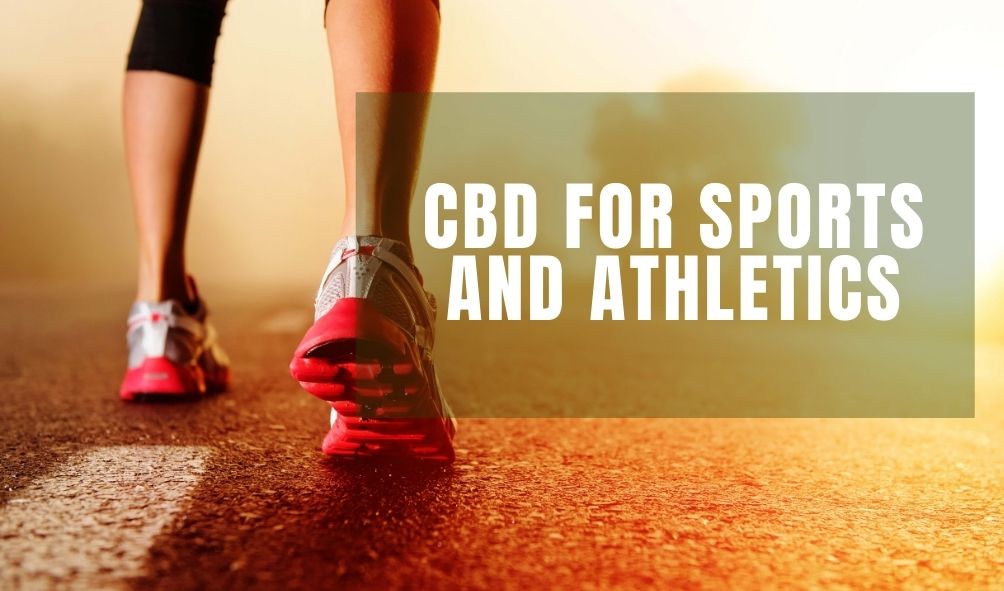
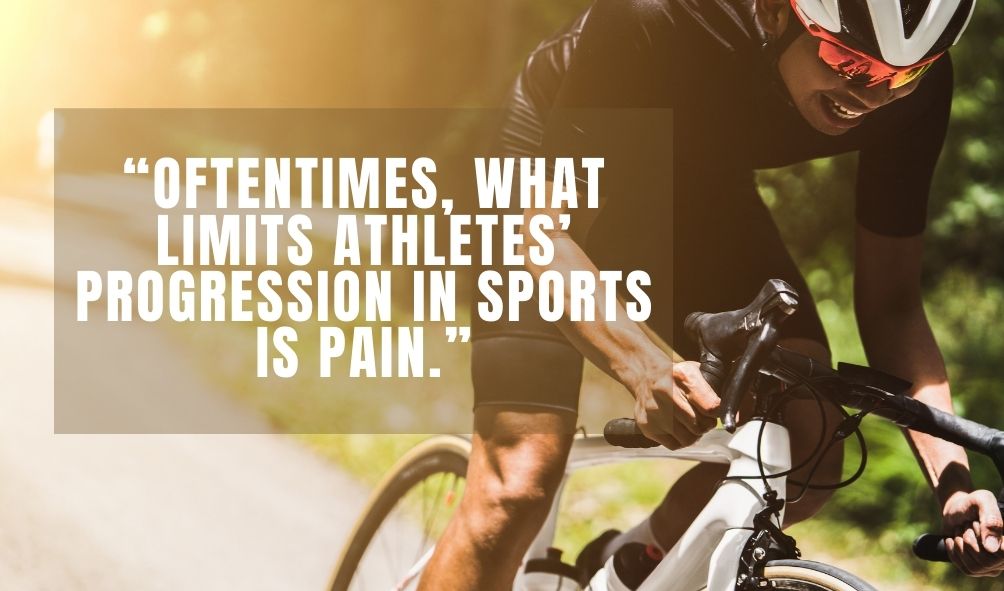
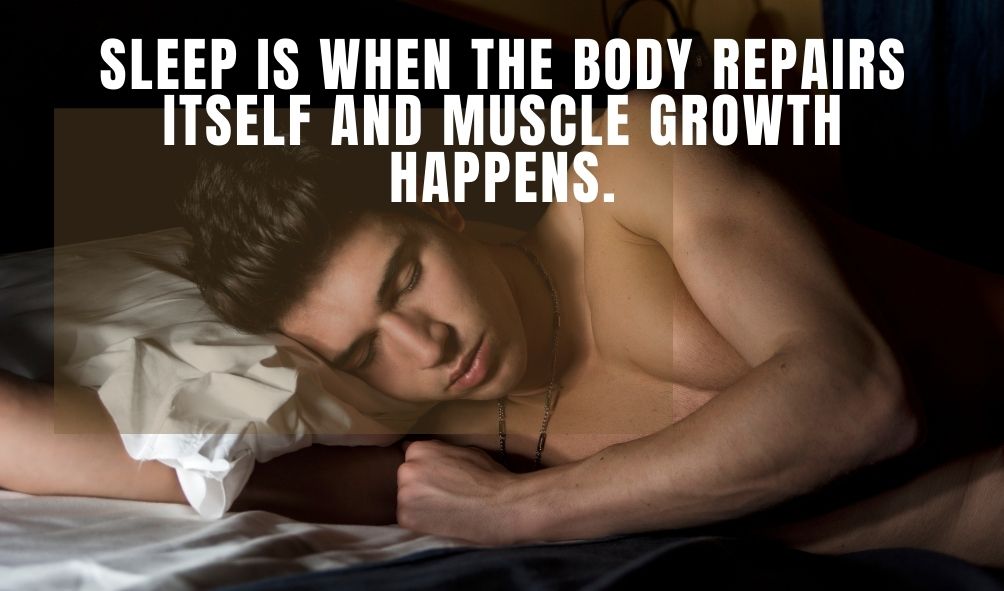
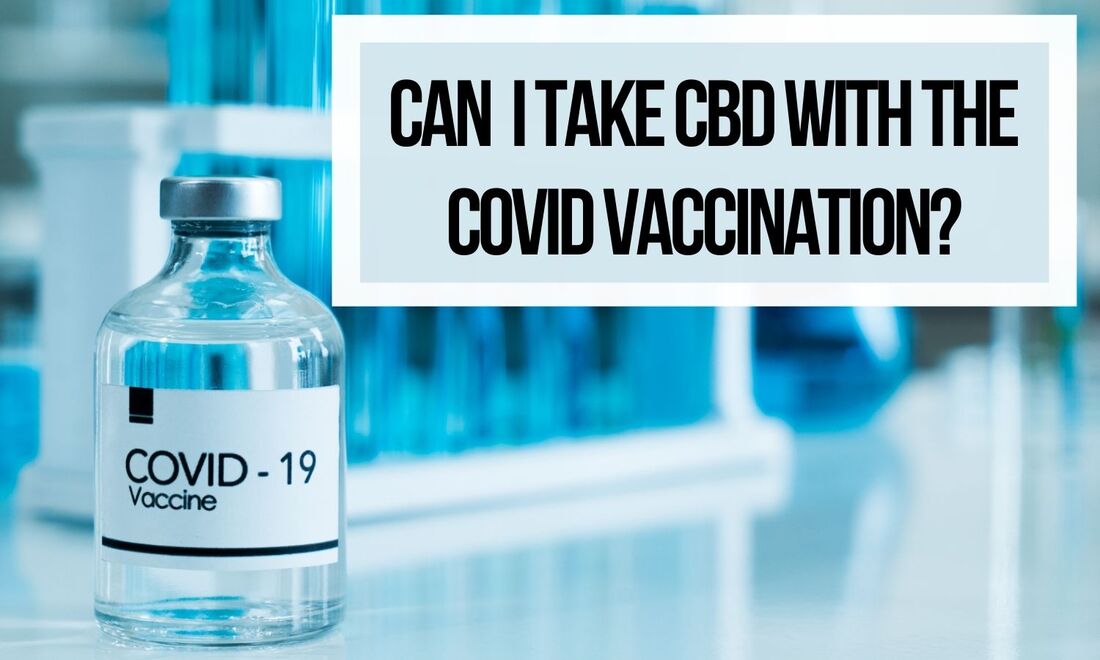
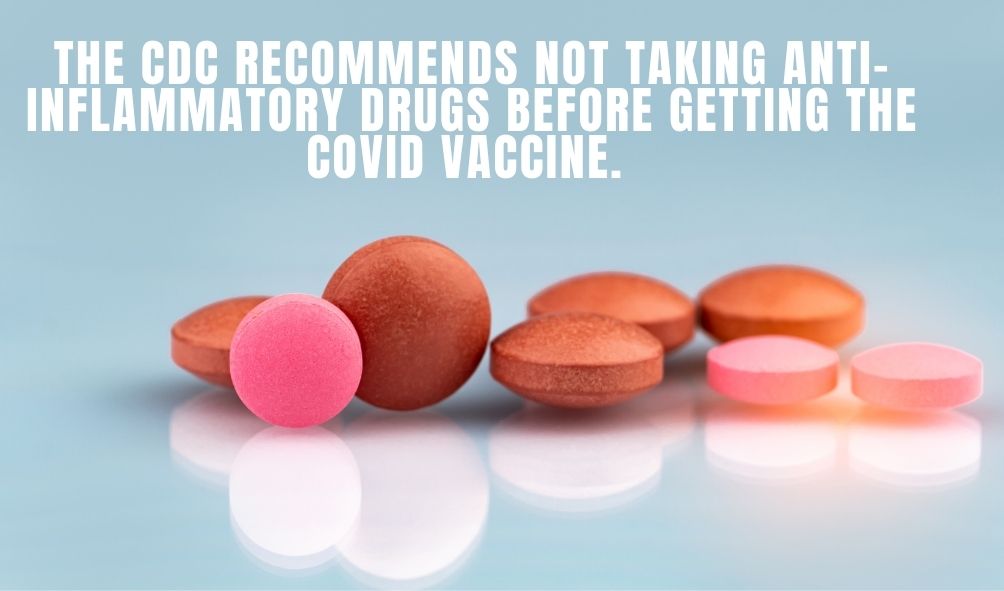
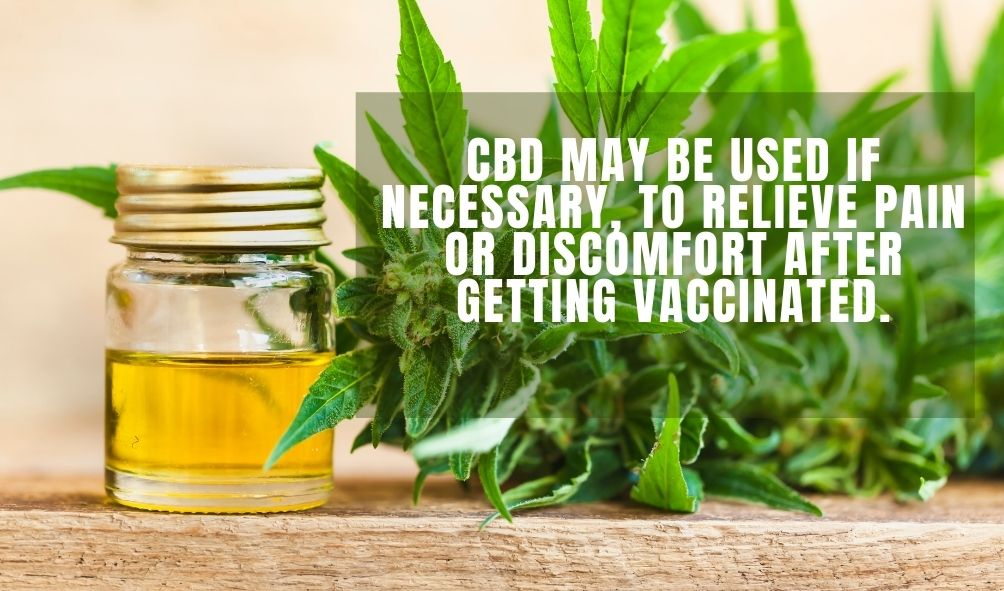

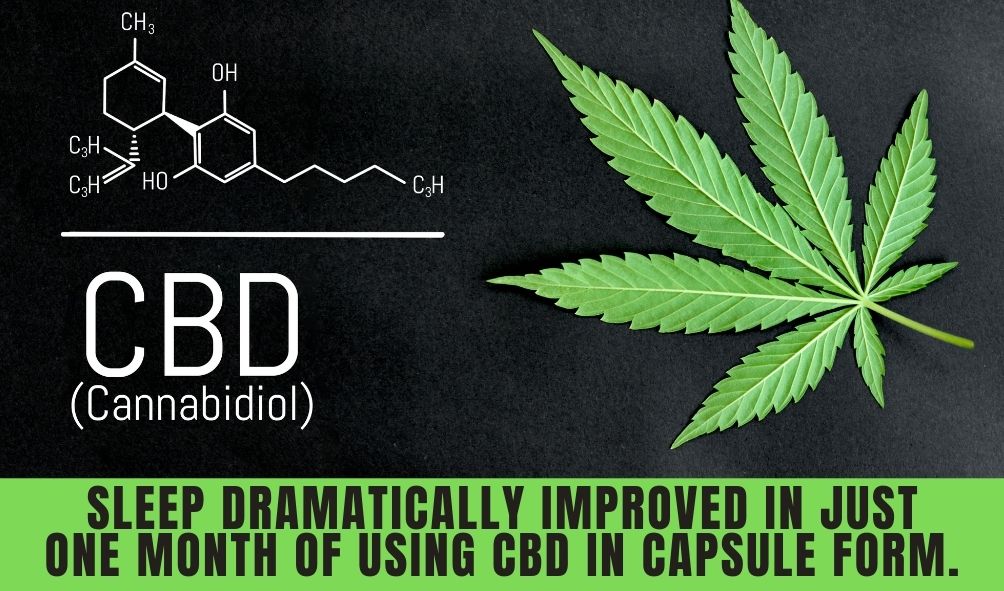
 RSS Feed
RSS Feed